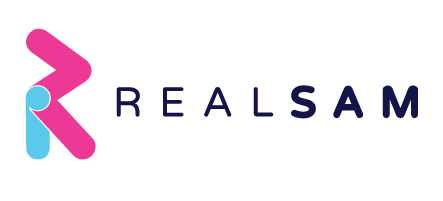Have you ever found yourself settling down on a comfy sofa with a steaming cup of tea by your side, opening a good book and after turning a few pages escaping into an exciting story? For those of us who are print disabled, reading doesn’t always happen with a turn of a page, but we can experience the world of literature thanks to audiobooks.
Since the very first Talking Book was sent out in 1935, to audiobooks playing on Alexa-enabled devices today, the Royal National Institute of Blind People (RNIB) library services continue to do amazing work in making books and print materials of all types accessible to those who are blind, sight impaired and print disabled.
The very first Talking Books
During the First World War, thousands of soldiers lost their sight in battlefields. Returning home, many were no longer able to read. Not all of them were able to learn Braille. For some the code was too complicated, while others suffered injuries to their hands. It was to serve those war-blinded soldiers that started RNIB on a journey to make print accessible.
In 1934 RNIB set up a recording studio in London and Captain Ian Fraser, a distinguished veteran who lost his sight, led a team in developing a way for audiobooks to be recorded onto lacquer coated discs. For the first time, records had the capacity to play audio for 25 minutes per side and in producing them, the team not only broke ground for over 80 years of Talking Book services for blind people, but they also blazed a trail for audio innovation.
From Talking Books to digital downloads
A couple of years after the library opened, nearly a thousand blind and sight impaired veterans and civilians could enjoy Talking Books on specially designed machines with different speeds to accommodate these gramophone records. As technology improved Talking Books evolved from gramophone records to cassette tapes to Digital Accessible Format System (DAISY) CDs to USB sticks and digital downloads.
The RNIB Reading Services platform today
Today RNIB library services are free. Anyone with difficulty reading print due to visual, physical and/or learning disabilities can register at the new Reading Services platform and have access to over 37,000 titles. Additionally, books, magazines, and newspapers are available in Baillie, large print, e-text, and audio for children and adults. Members can choose to receive books on DAISY CDs and USB sticks delivered on a regular schedule. Books can be downloaded from the RNIB Reading Services library and accessed on computers, tablets, Alexa-enabled devices, and smartphones.
One of these options is using the RealSAM Pocket to get unlimited access to RNIB audiobooks with just a tap and a simple voice command, ‘List books’.
By Guenivir Kendrick with help from ChatGPT
REFERENCES:
Royal National Institute of Blind People. (2023). Celebrating the History of Talking Books. RNIB. Retrieved April 18, 2023, from https://www.rnib.org.uk/living-with-sight-loss/independent-living/reading-and-books/history-of-talking-books/
Royal National Institute of Blind People. (2023). Welcome to RNIB reading services. Home – Reading Services. Retrieved April 18, 2023, from https://readingservices.rnib.org.uk/



